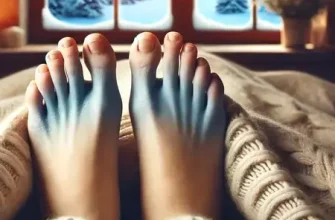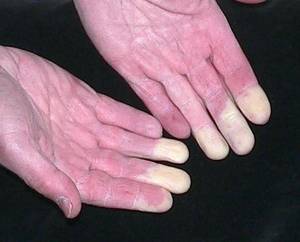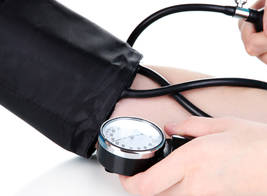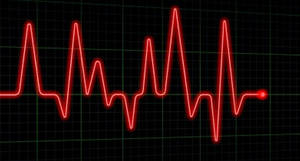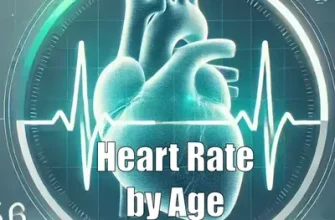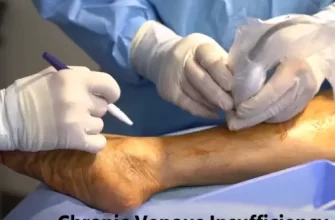Heart and Blood System
High blood pressure, or hypertension, affects millions of people in the United States and is a significant
You’re sitting at home, cozy in a blanket, but no matter how warm the room is, your toes still
Raynaud’s (ray-NOHZ) Phenomenon causes some areas of your body – such as your fingers and
Is Acid Reflux Making Your Life a Rollercoaster? If you’re nodding yes, you’re not alone.
Iron is an essential nutrient that plays a critical role in oxygen transport, energy production, and
Kidney dialysis is a medical procedure used to replace the functions of failing kidneys. It’
Low blood pressure, also known as hypotension, is often viewed as less concerning than high blood pressure
Maria, a 28-year-old expectant mother in her second trimester, starts noticing her heart racing more
Imagine you’re sitting quietly, maybe reading or watching TV, and you start to wonder, “
Chronic Venous Insufficiency (CVI) poses dangers like painful swelling, skin changes, varicose veins
The majority of the time, bruise will take place due to the fact that of an injury which results in the
Chest pain. The first thing you may consider is cardiovascular disease. Definitely chest pain is not


